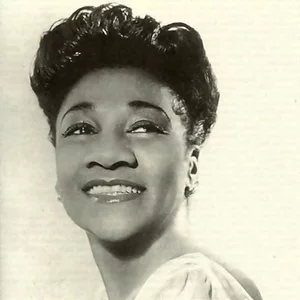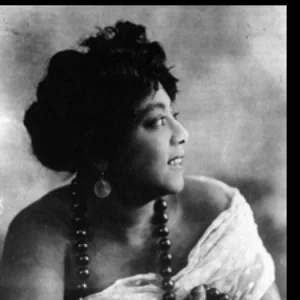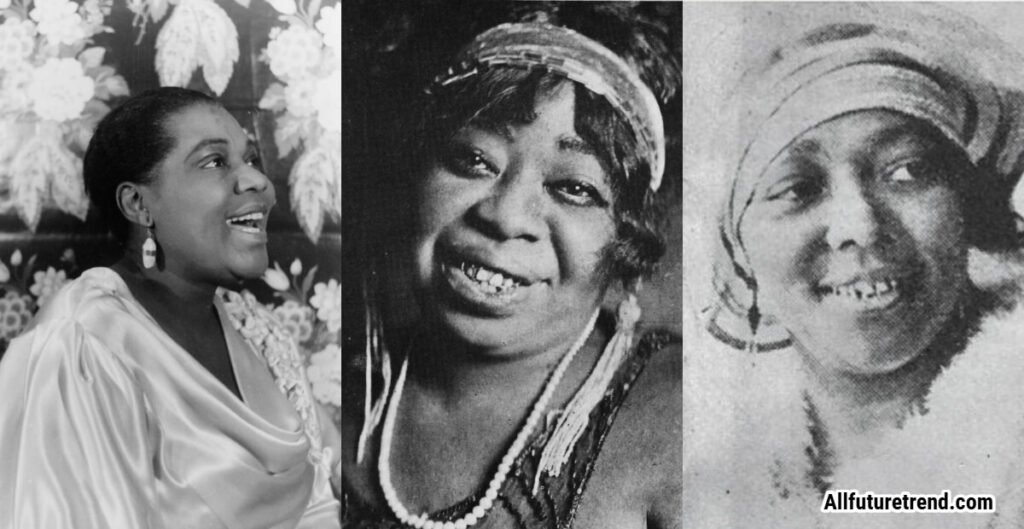Lucille Bogan was one of the most influential figures in the blues genre. Known for her powerful voice and daring lyrics, she broke barriers in a time when women in music were often overlooked.
In this article, we explore her life, her achievements, and the circumstances surrounding her death.
Who Was Lucille Bogan?
Lucille Bogan, born April 1, 1897, in Amory, Mississippi, was a remarkable blues singer and songwriter who made significant contributions to the music scene in the early 20th century. She gained fame for her bold and often provocative lyrics, which expressed the real struggles and emotions of life, including love, hardship, and personal desire. Lucille was known for her unique vocal style that combined deep emotion with raw, unpolished power.
Bogan’s impact on the blues genre is undeniable, as she helped define the music during the pre-war blues era. She was often ahead of her time, tackling controversial topics like female sexuality and independence, making her music resonate with listeners who felt their own struggles were being voiced.
Lucille Bogan Cause of Death
Lucille Bogan passed away on August 10, 1948, at the age of 51. The exact cause of her death remains uncertain, but it is believed that her declining health and struggles with alcohol may have played a role. Life was difficult for Bogan, as she faced numerous personal and professional challenges. Despite these hardships, she remained dedicated to her music until her untimely death. Although her career was relatively short, her work continues to be celebrated in the blues community.
Early Life and Education

Lucille Bogan was raised in the segregated South, which made her upbringing difficult, but also laid the foundation for her music. She was born into a family that struggled with poverty, and her early years were marked by racial inequality. Her family moved to Memphis, Tennessee, when she was young, and it was here where Lucille was introduced to the rich music culture of the city. Memphis was known for its vibrant blues scene, and this exposure influenced Lucille’s musical development.
There is little detailed information about her formal education, but it’s clear that Lucille’s education came primarily from life experience and music. She began performing in local clubs and learning from other musicians in the area. Later, she moved to Detroit, where she found a broader audience and became part of the city’s lively blues scene.
Career and Achievements

Lucille Bogan’s career took off in the late 1920s when she began recording for Victor Records in 1930. She became known for her songs such as “Sloppy Drunk Blues“ and “Shave ‘Em Dry“, which were bold in their themes of lust, desire, and unashamed sexuality. These songs challenged social norms at the time, especially for women, and were considered groundbreaking in terms of their content and delivery.
Her music was unfiltered and fearless, often dealing with topics that other artists were hesitant to touch. Lucille’s lyrics didn’t shy away from discussing the realities of life for African American women in the early 20th century. She recorded over 40 songs, many of which were considered controversial for their time but paved the way for future generations of blues and jazz musicians.
Despite facing personal struggles, including financial difficulties, Lucille maintained a successful career for over a decade, performing across the United States and gaining a loyal fan base. Her music continues to influence artists today, and she remains a respected figure in the blues community.
Personal Life and Relationships
Lucille Bogan’s personal life was complex and challenging. She was married to Arthur Harris, with whom she had children. Although specific details about her personal relationships are not widely documented, it is known that Bogan faced many of the same struggles that many African American women in her time did. She experienced financial difficulties, health problems, and the obstacles of being a woman in the male-dominated music industry.
Despite these challenges, Bogan remained close to her family and continued to pursue her music. Her family’s support was crucial to her, especially as she faced the ups and downs of life. Her marriage and children were important aspects of her personal life, though much of her focus remained on her career.
Legacy
Lucille Bogan’s legacy in the blues genre is vast. Her influence can be seen in the work of later blues singers and musicians. Artists such as Bessie Smith, Muddy Waters, and Ma Rainey were contemporaries who recognized Bogan’s talent and paved the way for other women in blues. Lucille’s songs, with their frank lyrics about sex, love, and hardship, set a new standard in blues music and became an inspiration for future artists.
Her music remains highly regarded, and her songs are still performed by blues musicians today. Lucille Bogan will forever be remembered as one of the first female artists to speak candidly about issues that were taboo in her time. Through her voice and her boldness, she made a permanent mark on the history of blues.
You Might Also Like
Dr. Adam Perry Cause of Death
Who Was Cash Rapp? And His Cause Of Death
Who was Keith Miller? And His Cause of Death.
Noah Overstreet Cause of Death
Mike Ruether Cause of Death


